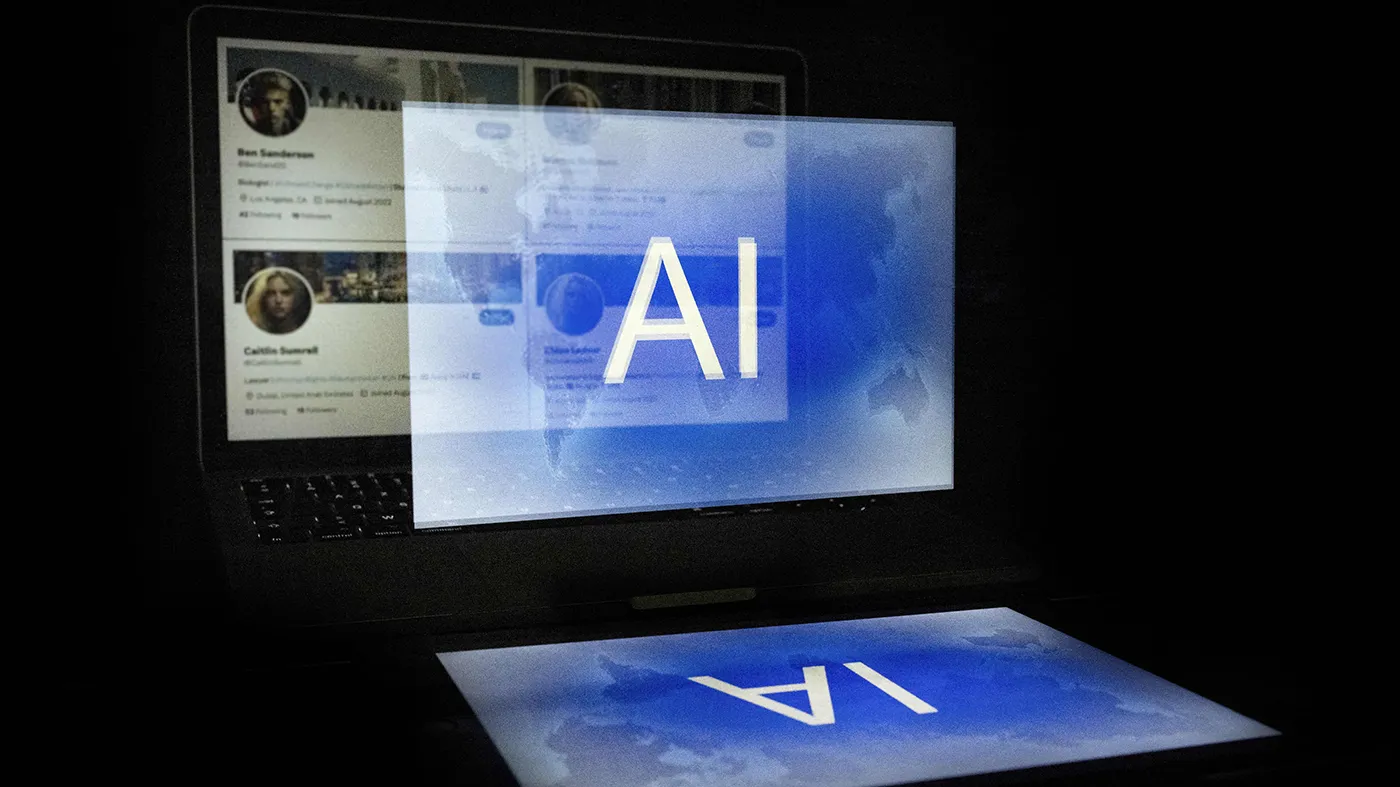The 2024 U.S. election, while centered around traditional topics such as the economy and immigration, has inadvertently shifted the focus of AI policy in a significant way. Although AI was not a major topic during the campaign, the election results seem to have empowered those advocating for rapid AI development with minimal regulation.
This shift towards accelerationism — the push for faster innovation with fewer regulatory constraints — could have transformative effects on the direction of AI policy, emphasizing innovation over caution and reshaping the debate about the potential risks and rewards of AI.
The pro-business stance of President-elect Donald Trump suggests that his administration will likely support the development and commercialization of AI technologies. While his platform doesn’t specifically outline a detailed AI policy, it stresses the repeal of regulations, particularly those put in place by the previous administration.
Trump’s approach to AI includes promoting technologies that foster free speech and human flourishing, while opposing regulatory measures perceived as obstacles to innovation. This direction is consistent with the broader Republican philosophy of reducing government intervention in markets.
This election outcome also comes at a time of heated debate within the AI community. A notable moment in this debate occurred in March 2023, when a group of prominent tech leaders and researchers, including Elon Musk and Steve Wozniak, signed an open letter calling for a six-month pause on the development of advanced AI systems.
The letter, which expressed concerns about AI’s potential existential risks, gained significant attention and was endorsed by over 33,000 signatories. This group, often referred to as “doomers,” highlighted the dangers AI could pose to society and humanity.

On the other side of the debate, many leaders in the tech and AI fields, including OpenAI CEO Sam Altman and Microsoft co-founder Bill Gates, rejected the call for a pause. Instead, figures like Andrew Ng and Pedro Domingos argued that AI’s potential to solve global challenges, such as climate change and future pandemics, far outweighed the risks.
These views align with those of the “effective accelerationists” or “e/acc,” who believe that technology, particularly AI, is not a threat but a solution to many of the world’s problems. They argue that slowing down AI development would hinder progress that could address urgent global issues.
The results of the 2024 election and its subsequent impact on AI policy signal a victory for accelerationism. A key example of this shift is the appointment of David Sacks, a technology entrepreneur and outspoken critic of AI regulation, as the “AI czar.” Sacks has been a vocal advocate for market-driven innovation and the reduction of government oversight in AI.
His appointment reflects the incoming administration’s stance that AI development should be driven by the private sector, with minimal regulation from the federal government. This shift towards self-regulation and deregulation suggests that rapid innovation in AI will take precedence.
As AI development accelerates under this new policy direction, the stakes are higher than ever. The shift towards accelerationism may drive groundbreaking advances in AI, but it also increases the risk of unintended consequences. While federal regulation may recede, states like California and Colorado are already taking steps to regulate AI, especially in areas like safety and discrimination.
These state-level actions could serve as a counterbalance to the federal government’s approach. Ultimately, the success or failure of this new phase in AI will depend on how well innovation is balanced with safeguards to prevent potential harm.
The 2024 election has quietly pushed the U.S. towards a more accelerationist stance on AI, which prioritizes rapid technological advancement with minimal regulation. This shift could lead to faster innovation but also increases the risks associated with AI.
The ongoing debate between accelerationists and those advocating for caution will continue to shape the future of AI. As the technology evolves, the need for informed oversight and public discourse becomes even more critical to ensure that the benefits of AI are realized without leading to catastrophic consequences.


